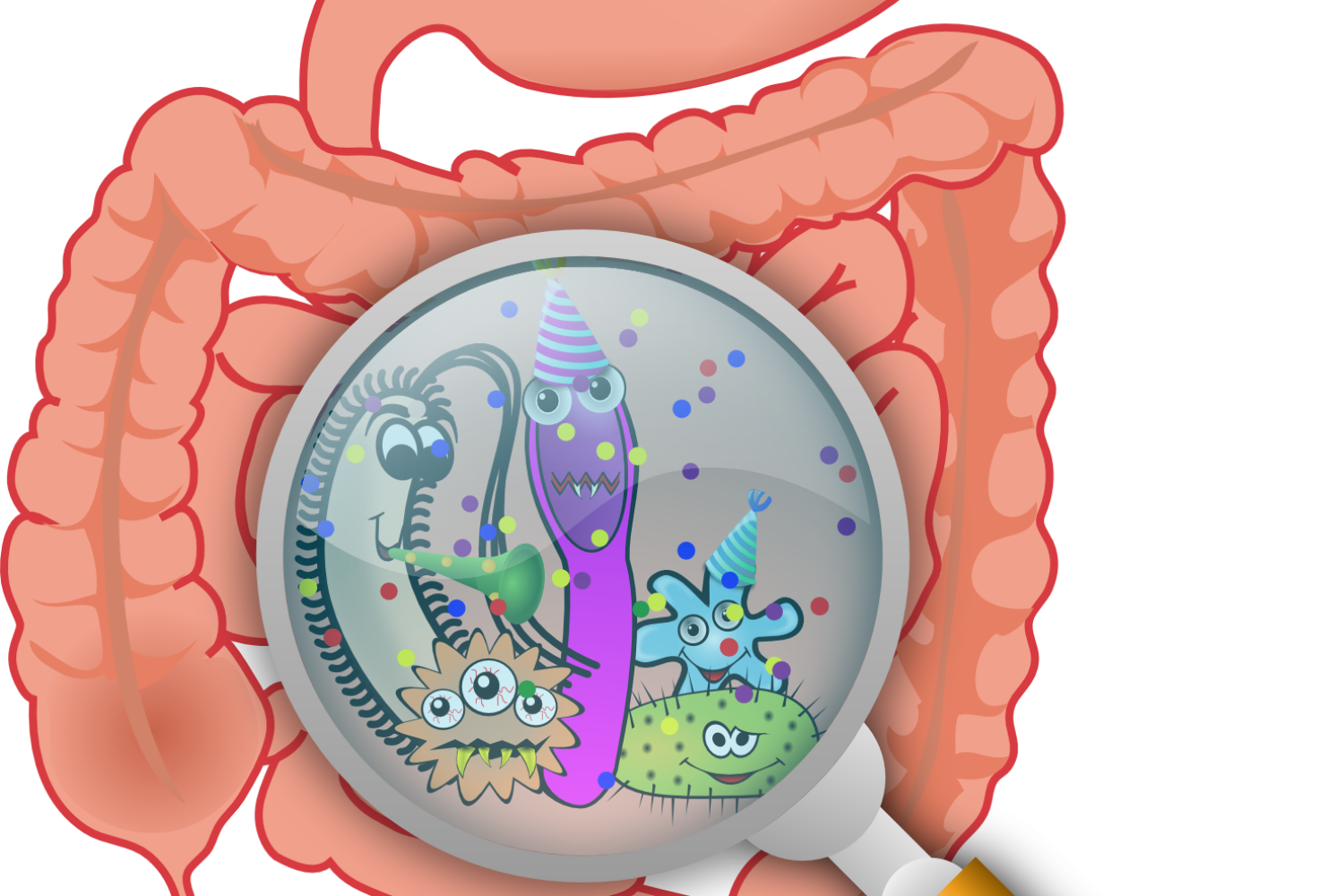In short, this is the bacterial colonization of our body, inside and out.
A little longer said:
We distinguish between the microbiome as the sum of our body’s bacterial genes and the microbiota as the sum of all the bacteria living inside us and doing us good. In the following, we prefer to use the term microbiome, although microbiota would probably be a more appropriate term for the individual microbial colonization of our body. However, microbiome is more common and, in our elucidation, primarily includes the genetics of microorganisms.
Now to the microbiome:
The better the bacterial colonization is structured, and the better its balance, the healthier the human being. This is the entire diversity of bacteria that a human organism has to offer. In general terms, there are neither good nor bad bacteria. They all have their task and work in the community to maintain life. We need to take care of our own personal microbiome to maintain the bacterial balance. Care should be non-sterile and as natural based as possible. Antibacterial skin care products destroy the natural and healthy microbiome of the skin. Also, too frequent cleaning, washing and showering results in challenging our microbiome.
The microbiome as an “organ"
A healthy microbiome requires only light care and cleansing, and regular contact with microorganisms helps to build it up naturally. The microbiome can also be called another and important organ of the human being. This is because it plays a decisive role in building up the immune system and contributes to its healthy functioning. This “organ" is also jointly responsible for the function of other organs, such as the stomach and intestines. The bacterial colonization of the intestine plays a decisive role in the health of our stomach and intestinal tract. In addition, the immune system also determines our external state of health. For example, a weak immune system can be responsible for skin rashes, eczema and other skin problems. A healthy microbiome strengthens the immune system and naturally helps in favor of healthy skin.
How do I build a healthy microbiome?
The external microbiome on our skin can be built and maintained through bacterial contact and gentle cleansing.
The foundation for building a healthy microbiome is laid at birth. The first contact with microorganisms forms the initial basis of the microbiome of a baby, whose immune system is still very weak. The environment in the first weeks of life then continues to build the microbiome the more it comes into contact with bacteria. It is not important to come into contact with as many bacteria as possible, but rather how the bacteria relate to each other and organize themselves. Thus, one should focus on the bacterial environment in one’s home. This should not be too low in bacteria and should by no means be sterile. Bacteria from a healthy household are good and important for building a baby’s microbiome.
This example of a baby can be applied to an adult person whose immune system is weakened. It is of great importance not to keep the environment bacteria-free, as is often assumed. It is much more important to gently build up an environment in the daily environment with microorganisms that can work well together and contribute to a good microbiome in the community. Contact with these microbes forms the basis of a healthy microbiome on the skin. Once this is established, contact with other, foreign bacteria is not disruptive or dangerous because the bacteria know how to organize themselves. Diseases that can be caused by a weak microbiome thus have less chance of breaking out. The immune system benefits elementarily from these processes.
What can I do to maintain a healthy microbiome:
Don’t shower, wash, cleanse too often.
Use only natural skin cleansers to cleanse the skin
Do not use bacteria-killing, sterile cleaners (in the household and for personal hygiene)
Eat a healthy and balanced diet
Use natural microorganism preparations for support (inside and outside)
If you have a skin condition, always have this checked out by a doctor. In case of illness, the development of a healthy microbiome should be supportive, but not an alternative to a medical consultation or, if necessary, treatment.


